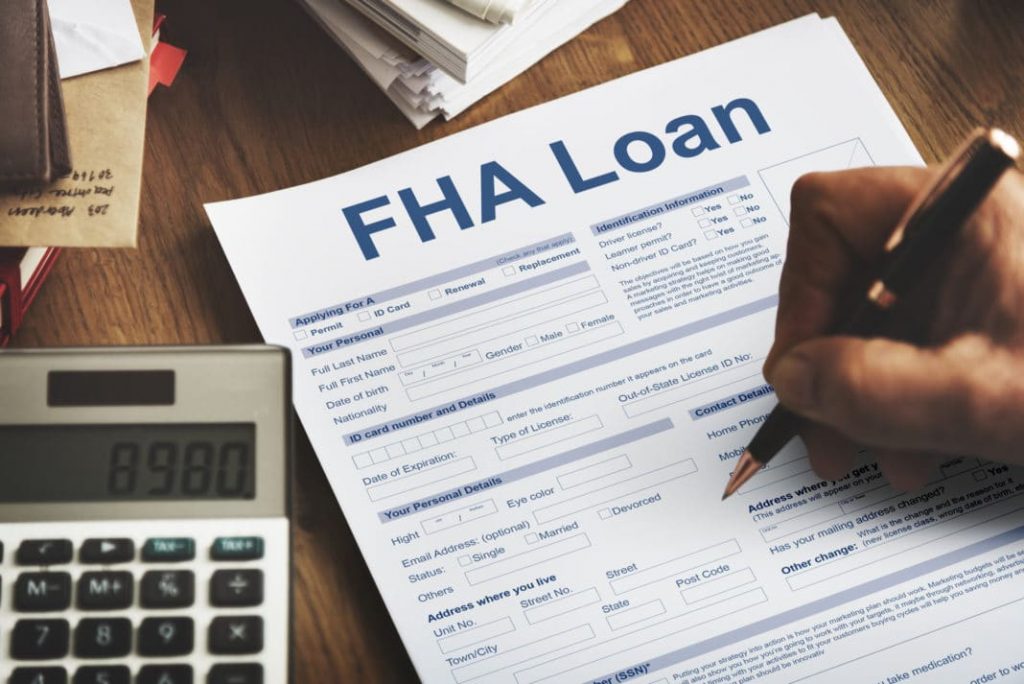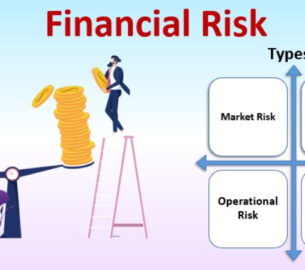If you need extra cash to remodel your home or need extra cash to purchase a newer house, should you choose a home equity loan (HEL) or home equity line of credit HELOC)? Both of these types of loan or credit options are based on the equity you currently have in your house. A traditional home equity loan is a second mortgage with a fixed term, fixed interest rate and fixed monthly payments. With a home equity loan, you will receive a lump sum of money at the time of closing. The loan has a very specific repayment plan and is not very flexible.
A home equity line of credit is like a credit card that you can use whenever you need it and can repay the entire amount or a portion of the amount borrowed or make minimum payments each monthly. You can also make interest only payments against the loan balance and you can also pay down your principal amount at any time and for any amount. A disadvantage to the home equity line of credit is that it comes with a variable interest rate, which means your minimum monthly payments can go higher.

If you want a set payment schedule and interest rate, then it is better for you to choose a home equity loan. If you have a short term need for money and want the security of being able to draw on a line of credit when you need to, then you will want to choose a home equity line of credit. A home equity line of credit meets ongoing cash needs, such as medical bills or tuition payments. This type of credit line is excellent for people who do not have a level cash flow throughout the year such as a commission based sales person or a self-employed individual.
A home equity loan is more suitable when you need money for a specific, one-time purpose, such as a major home remodeling project or purchasing a new car. If you are looking for money for a home remodeling project, a home equity line of credit is going to be more flexible to suit your purposes. One advantage of a home equity line of credit is that you only make payments on the amounts that you have drawn against the line of credit. If you haven?t drawn against the line of credit, then you don?t have any payments but the line of credit remains in place in case you should need to use it.
A good rule of thumb is to avoid home equity loans if you have a short term need, as higher closing costs and prepayment penalties are using associated with these loans. Stay away from home equity lines of credit if you have a spending problem. Remember that the payments and interest rate on a home equity line of credit changes from month to month. If you are not disciplined in your spending habits, you can get into trouble. Recently lenders have tightened their policies and restrictions on both home equity loans and home equity lines of credit.

Many lenders have attached prepayment penalties, provisions to reimburse the lender for the closing costs paid by the lender, balloon payments and lock features on variable rate credit lines. You also need to be aware that most lenders now require a credit score higher than 680 and a combined loan-to-value ratio of the first and second mortgages in the 80 to 90 percent range. Homeowners with a credit score higher than 720 will qualify for the best rates and will also be able to negotiate on some of the additional restrictions the lender is now placing on home equity loans and home equity lines of credit.
The higher your credit score when you apply for one of these funding options the greater your negotiating power. About the Author Jayme Hanson operates an information site about Easy Home Improvement Tips. Articles include information on Easy Home Improvement Tips, Finished Basements and Home Remodeling Ideas. See Also: [Via Finances Articles At Isnare.com] No comments yet.
Know More About : Availing Mortgage Loans In India












